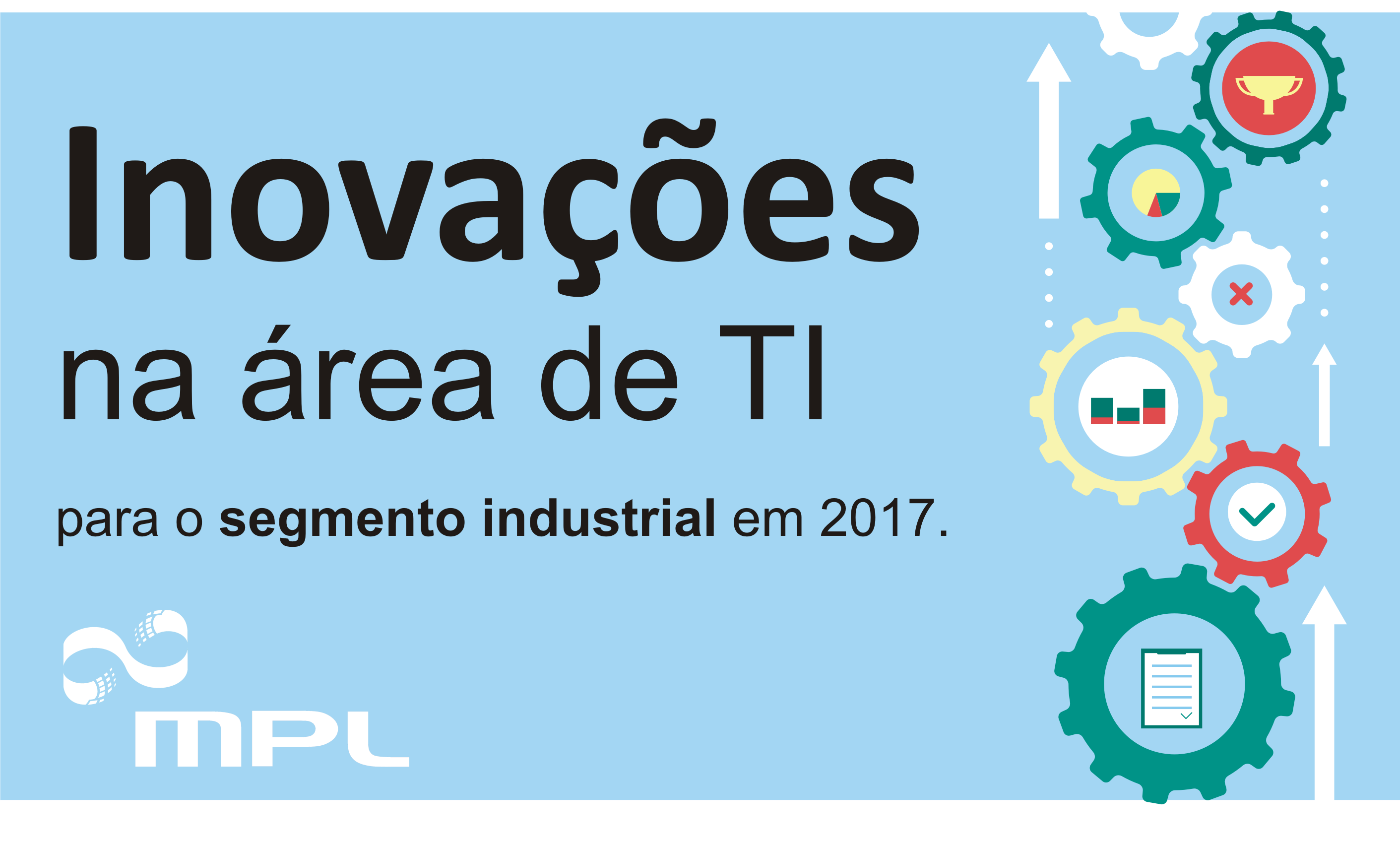
07 Feb Supply chain management – How to innovate for your Industry.
According to indicators and studies carried out recently, the industries in manufacture has been investing heavily in the creation of new products, as an instrument for maintaining competitiveness.
The process, from conception to market availability (time to market), needs to occur quickly, thus avoiding “commoditization” and ensuring a differential with the competition.
an efficient supply chain management (SCM), and a continuous reduction in acquisition costs, are fundamental factors for the competitiveness of new products.
In this scenario, the implementation of technological solutions aimed at supply chain management (SCM) has become a key element in achieving efficiency in the management of this process. Only companies that continue to invest in the evolution of their ERP, or in their supply chain, can guarantee a high level of competitiveness.
Trends and developments that the manufacturing industry needs to know about.
We present below two important IT trends that strongly impact the manufacturing industry. They contribute significantly to innovation in the supply chain management of the company, accelerating the "time to market".
1 – Cloud: public, private or hybrid?The Cloud services and infrastructure model is growing in the midst of technology. There are those who say that this is a path of no return, and that soon most applications will be in the cloud. Already exist manufacturing companies running its 100% applications in the cloud, which motivates the industry to welcome this possibility.
But there are different types of Cloud, which interact differently with different types of business processes in companies. So, how to evaluate which is the best type of Cloud solution for your company? Start with satellite applications only or migrate the entire enterprise system (ERP)? Is it worth implementing a 100% Cloud solution?
There are a few different types of clouds to look at. Let's divide it into 3 types:
- Public cloud.
- Private cloud.
- Hybrid (Combination of both).
The first thing to think about is which type of cloud your company's business process would best suit.
Assuming you have a robust process of supply chain management, with strategic information on suppliers, prices, negotiations and follow-up. In this scenario a public cloud is not recommended.
The best alternative in this case would be to opt for a private Cloud, which costs a little more than the public one, but guarantees greater data integrity, security and customization.
There are alternative 100% Cloud solutions that guarantee a safe and reliable environment at a very affordable cost. One of these alternatives is Oracle Procurement Cloud , which in addition to optimizing all actions in the purchasing and supply process, is fully integrated with various ERP's (JD Edwards, EBS, Peoplesoft, SAP, among others), which streamlines the interaction with the company's financial and tax processes .
But, one of the great paradigms when discussing the adoption of solutions in the cloud is the fear of losing control over the performance of applications and their backup, since they will be “outside the company”. Again, one solution to this problem is to simply opt for a private cloud. It ensures that all server performance can be continuously optimized and your backup systems can be managed by your infrastructure team.
If the company has a supply chain management more complex and stringent in security requirements for ERPS or cloud solutions, starting to move core applications to private or hybrid clouds would be the first step towards adopting cloud technologies for your IT systems and solutions.
2-Internet of Things and self-learning in ERP.
The Internet of Things (IOT) is here to stay. It can be used in infinite ways, by infinite sectors. An example of this is how the internet of things can be a secret weapon at JD Edwards. Using this type of technology is something in the learning process in Brazil, but in a short time it will be used by several segments. particularly in the manufacturing and industrial production sector, IoT can be a strong differentiator.
Every day new applications hit the market and many innovations are coming from the Internet of Things.
manufacturing companies can today process and analyze diverse information coming directly from the source of these IOT applications. This is because IoT technologies feed on a development called “self-learning”. The process looks complex, but it is quite simple. The IoT device connector that collects the data, processes it and passes on the information configured as relevant. This data is analyzed and stored for future reference.
The great differential of an IoT solution is how to transform thousands of data that are collected daily into valuable information.
Imagine that any device collects dozens of data such as the temperature of your production machines, operation and maintenance of the production belt, the possibility of technical failures, etc. With an IoT solution, it is possible to recognize patterns and propose solutions related to identified problems.
These solutions can be presented to end users or deployed directly into the supply chain management, depending on the chosen configuration.
This process allows a significant cost reduction, since the system will do all the work of collecting and analyzing data, and will decide, based on the defined configuration, the best action to take. In addition to lower costs, a guarantee of quality and zero errors is also delivered when we use the machine instead of people.
Do you want to know more about solutions focused on process management, supply chain management and shopping, and more?


No Comments